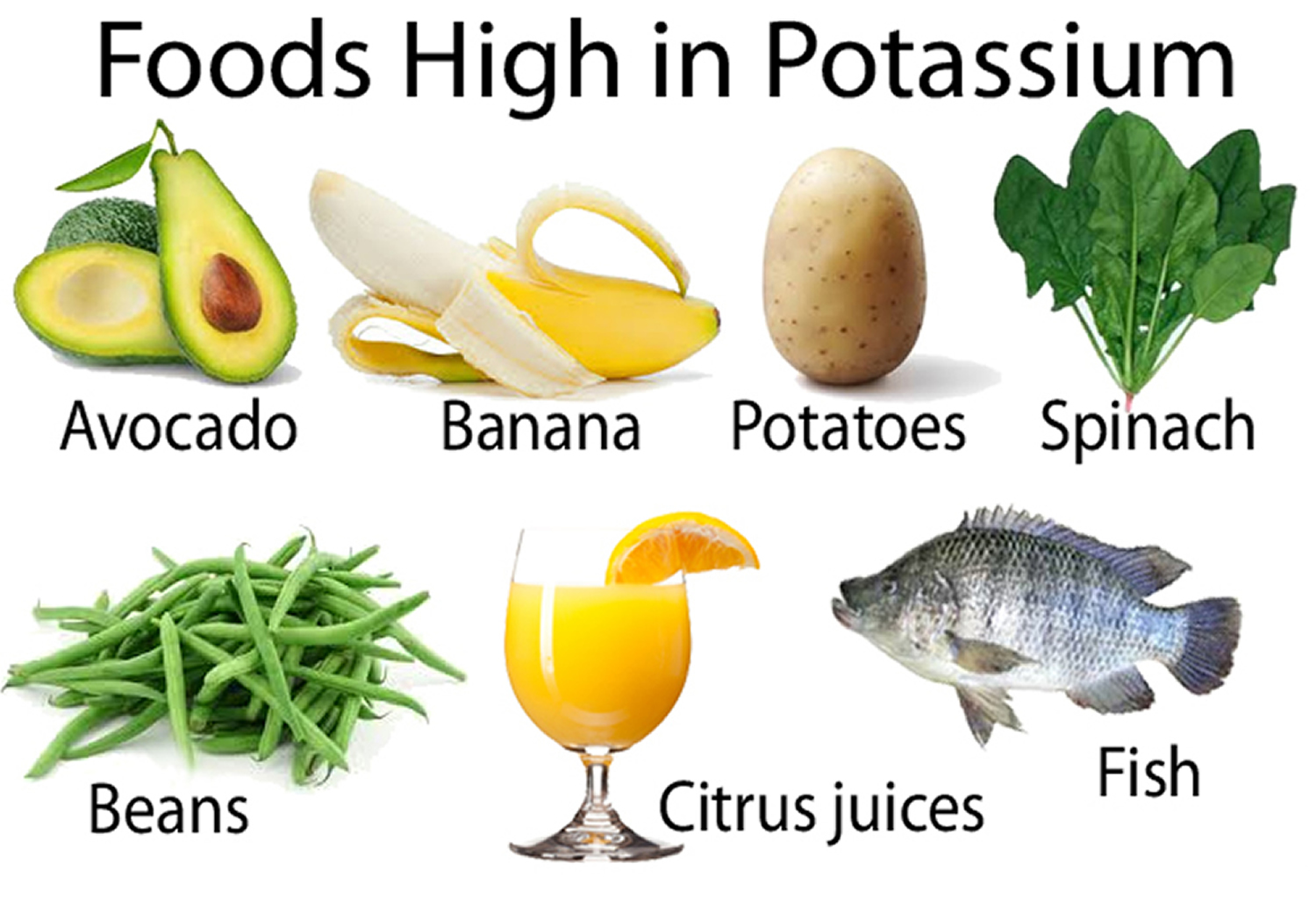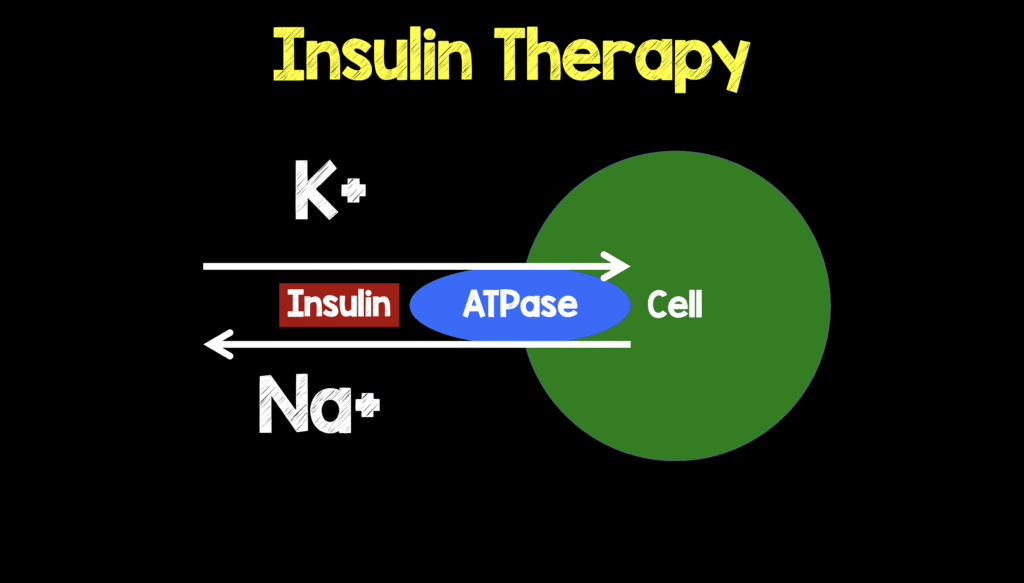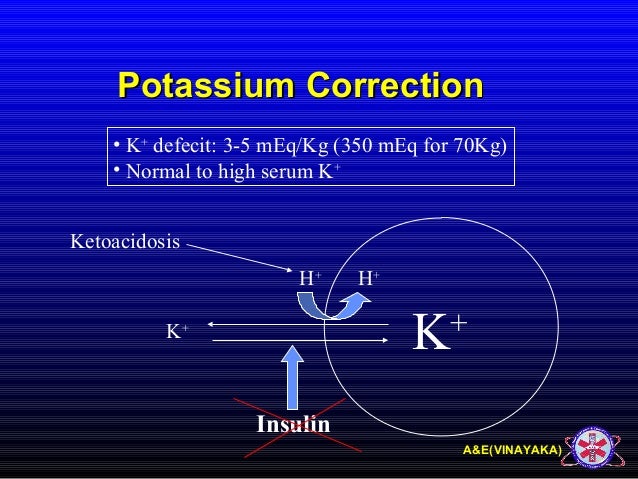is potassium high in dka Potassium foods avoid kidney handout dialysis renal patients esrd ckd levels cleanfoods
Potassium - Benefits In Hypertension By Lowering BP, Stroke, Heart Attack Potassium is an essential mineral that plays a crucial role in maintaining the overall health of our bodies. It is involved in various physiological processes, including muscle contraction, nerve function, and fluid balance. While many people associate potassium with bananas, there are numerous other food sources that are rich in this vital mineral. By including high-potassium foods in your diet, you can potentially lower your blood pressure, reduce the risk of stroke and heart attack, and achieve numerous other health benefits. One of the significant advantages of consuming potassium-rich foods is their ability to regulate blood pressure. Studies have consistently shown that individuals with higher potassium intake tend to have lower blood pressure levels. This is because potassium helps to relax the walls of blood vessels, thereby promoting better blood flow and reducing the strain on the cardiovascular system. In fact, some experts suggest that increasing potassium intake may have a more significant impact on blood pressure reduction than reducing sodium intake. Furthermore, consuming potassium-rich foods can potentially reduce the risk of stroke. Stroke occurs when blood flow to the brain is disrupted, leading to cell damage and loss of function. The regulation of blood pressure plays a crucial role in preventing strokes. By maintaining healthy blood pressure levels, you can minimize the risk of developing conditions such as ischemic stroke, hemorrhagic stroke, or transient ischemic attack (TIA). Including potassium-rich foods in your diet can support a healthy blood pressure range and potentially protect against stroke. In addition to blood pressure regulation and stroke prevention, potassium has also been associated with a decreased risk of heart attack. Heart attacks occur when the blood flow to the heart muscle is blocked, usually due to the buildup of plaque in the arteries. A well-functioning cardiovascular system is vital for overall heart health. Potassium helps regulate heartbeat and ensures proper functioning of the heart muscles. By consuming foods rich in potassium, you can promote a healthy heart and potentially reduce the risk of heart attacks. Now let’s take a look at some excellent sources of dietary potassium. One of the most well-known sources is the humble banana. Bananas are not only delicious but also packed with essential nutrients, including potassium. However, there are other fruits and vegetables that contain even higher levels of potassium. For example, avocados, sweet potatoes, and spinach are all excellent choices for increasing potassium intake. Additionally, dairy products like yogurt and milk, as well as fish such as salmon, are also good sources of this beneficial mineral. To sum up, incorporating high-potassium foods into your diet can have a positive impact on your overall health. From regulating blood pressure and reducing the risk of strokes to promoting a healthy heart, the benefits of potassium are significant. By including a variety of potassium-rich fruits, vegetables, dairy, and fish in your daily meals, you can ensure that your body receives an adequate supply of this essential mineral. So, why not start adding some potassium-powered goodness to your plate today? 
Image Source: healthjade.com
Diagnosis and Management of Hyperglycemic Crises Diabetic Ketoacidosis Diabetic ketoacidosis (DKA) is a severe complication of diabetes that can be life-threatening if not diagnosed and managed promptly. It occurs when the body produces high levels of blood acids called ketones, leading to a dangerous state of acidosis. DKA is more common in individuals with type 1 diabetes, but it can also occur in those with type 2 diabetes under certain circumstances. Early detection and proper management of DKA are crucial in preventing its progression and potential complications. The diagnosis of DKA typically involves assessing the patient’s symptoms, medical history, and conducting various tests. Common symptoms include frequent urination, excessive thirst, abdominal pain, fruity breath odor, and confusion. If a person with diabetes experiences these symptoms, they should seek immediate medical attention. To confirm the diagnosis of DKA, healthcare professionals may order blood tests. These tests typically measure blood glucose levels, ketone levels, and electrolyte imbalances. Blood glucose levels above 250 mg/dL (13.9 mmol/L) combined with ketone bodies in the urine or blood are often indicative of DKA. Additionally, other laboratory tests such as arterial blood gas analysis can provide valuable insights into the acid-base balance and guide treatment decisions. Once a diagnosis of DKA is established, prompt management is essential to stabilize the patient’s condition. Treatment for DKA usually involves a combination of fluid replacement, insulin administration, and correction of electrolyte imbalances. The primary goal is to correct dehydration, normalize blood glucose levels, and restore electrolyte balance. Fluid replacement is crucial in DKA management as the body becomes severely dehydrated due to excessive urination and vomiting. Intravenous fluids containing electrolytes, such as sodium and potassium, are administered to restore fluid balance and correct any imbalances. Insulin therapy is also a critical component of DKA management. Regular insulin is typically given intravenously to lower blood glucose levels and inhibit ketone production. In addition to fluid replacement and insulin therapy, correcting electrolyte imbalances is essential. The kidneys may eliminate electrolytes such as potassium during episodes of DKA. It is crucial to monitor and replenish electrolytes as necessary to prevent complications such as cardiac arrhythmias. Education and support for individuals with diabetes are vital to prevent future episodes of DKA. People with diabetes should learn how to monitor their blood glucose levels regularly and take proper precautions to prevent blood sugar fluctuations. Adherence to prescribed medications, following a balanced diet, and engaging in regular physical activity can significantly reduce the risk of DKA. In conclusion, timely diagnosis and management of diabetic ketoacidosis are crucial to prevent complications and save lives. Recognizing the symptoms and seeking immediate medical attention are essential steps in the diagnostic process. Once diagnosed, a comprehensive treatment approach that includes fluid replacement, insulin therapy, and electrolyte correction is necessary to stabilize the patient. By understanding the importance of monitoring blood glucose levels and maintaining a healthy lifestyle, individuals with diabetes can reduce the risk of developing DKA and lead healthier lives.  Image Source: present5.com
Image Source: present5.com
If you are searching about Serum vs. Total Body Potassium in DKA | Medicine Specifics you’ve visit to the right web. We have 5 Pics about Serum vs. Total Body Potassium in DKA | Medicine Specifics like Potassium - Benefits In Hypertension By Lowering BP, Stroke, Heart Attack, Diagnosis and Management of Hyperglycemic Crises Diabetic Ketoacidosis and also DKA and HHS. Here it is:
Serum Vs. Total Body Potassium In DKA | Medicine Specifics
 medicinespecifics.comdka potassium insulin ketoacidosis myths hypokalemia sodium
medicinespecifics.comdka potassium insulin ketoacidosis myths hypokalemia sodium
Potassium - Benefits In Hypertension By Lowering BP, Stroke, Heart Attack
 healthjade.compotassium foods rich high source benefits
healthjade.compotassium foods rich high source benefits
Diagnosis And Management Of Hyperglycemic Crises Diabetic Ketoacidosis
 present5.comketoacidosis diabetic diagnosis hyperglycemic dka crises management potassium advertisements present5
present5.comketoacidosis diabetic diagnosis hyperglycemic dka crises management potassium advertisements present5
DKA And HHS
 www.slideshare.netdka hhs potassium insulin
www.slideshare.netdka hhs potassium insulin
High Potassium Foods To Avoid - Foods Details
 foodsforhungry.blogspot.compotassium foods avoid kidney handout dialysis renal patients esrd ckd levels cleanfoods
foodsforhungry.blogspot.compotassium foods avoid kidney handout dialysis renal patients esrd ckd levels cleanfoods
Dka and hhs. Potassium foods rich high source benefits. High potassium foods to avoid